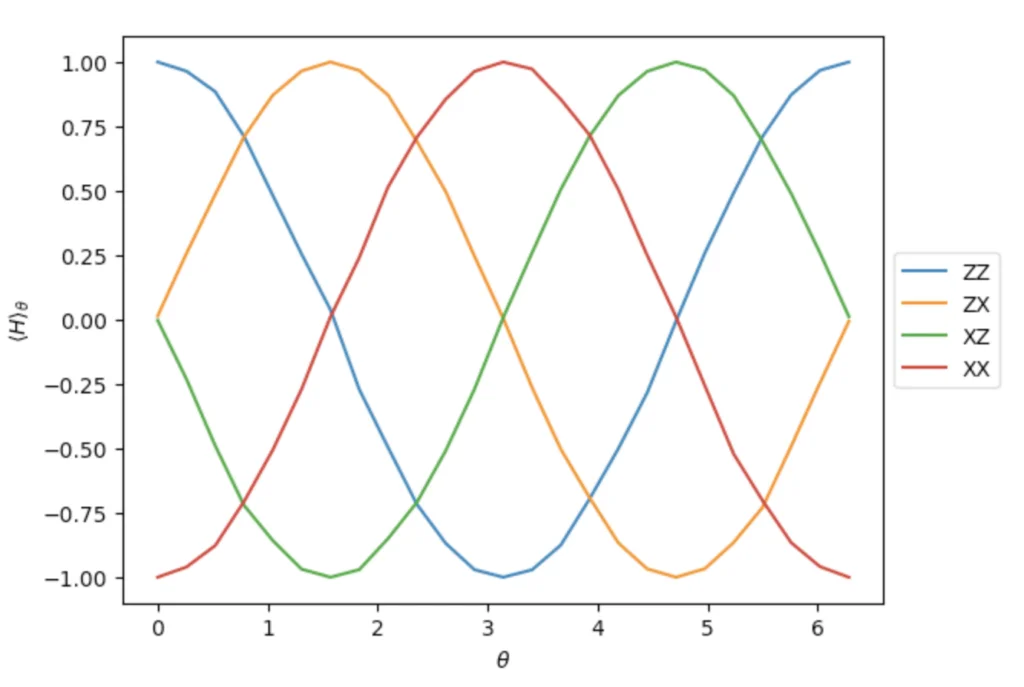By Paulina Assmann
CEO of SeQure Quantum
Recently, Chinese researchers announced they had successfully cracked a 22-bit RSA key using the D-Wave Advantage quantum computer. While this caused a stir, the RSA keys used today are at least 2048 bits, which remains secure for now. However, this breakthrough is a reminder that quantum computing is advancing rapidly and will bring significant challenges to cybersecurity.
Quantum computing presents a dual reality: on one hand, it is a threat to traditional cryptographic systems, but on the other, it offers advanced solutions to protect them. RSA cryptography, for example, is based on the difficulty of factoring large numbers, something that future quantum computers could quickly solve. Although we are still far from breaking 2048-bit keys, it is crucial to prepare for this possibility.

Another growing threat is artificial intelligence (AI). AI is becoming increasingly powerful, capable of analyzing vast amounts of data, identifying patterns, and in some cases, compromising security systems. Both quantum computing and AI are revolutionizing the world of cybersecurity, and while we must stay vigilant, we should also see quantum and AI as opportunities.

Fortunately, solutions already exist, such as quantum random number generators, which not only provide truly random numbers—impossible to replicate or predict—but thanks to new technologies, they allow for real-time self-certification, ensuring that the numbers generated are always unique and unpredictable. This capability significantly enhances protection compared to pseudo-random generators, which could be vulnerable to AI today and quantum attacks in the future.
These quantum generators are already in use across various applications, from generating secure cryptographic keys for financial systems to protecting telecommunications and government networks. They are also crucial for ensuring fairness in gambling and online betting, where generating truly random numbers is critical to prevent manipulation. Additionally, they have applications in the Internet of Things (IoT), where the security of connected devices increasingly depends on generating and managing secure information in real-time.
We must stay vigilant, yes, but we must also see quantum and AI as opportunities. Adopting quantum technologies like quantum random number generators, which allow for real-time self-certification, is a key step in securing our systems both today and in the future. We are in the midst of a technological transition that cannot be ignored, and those who act now will be better prepared for the challenges of the post-quantum era.















